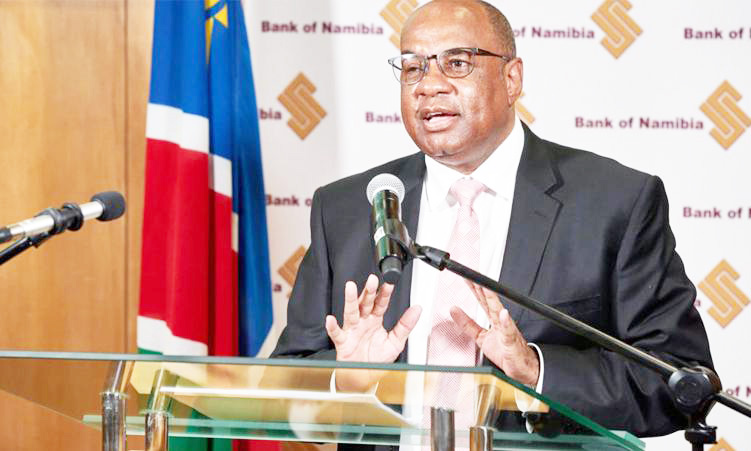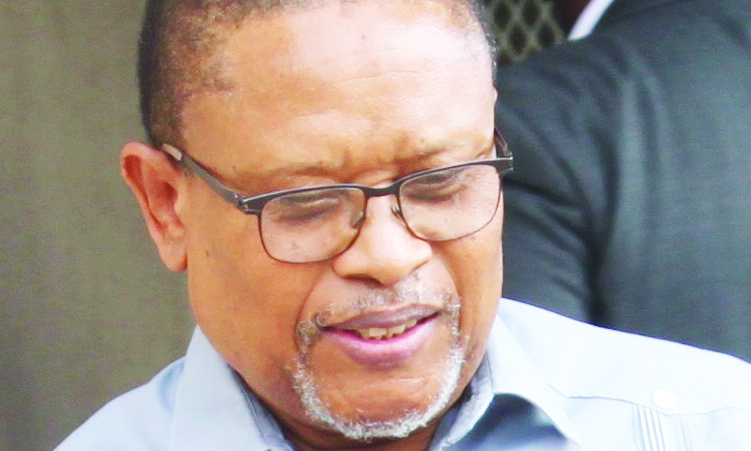The Bank of Namibia (BoN) says Namibians will continue to feel the pinch of the high cost of living.
This is despite the Monetary Policy Committee (MPC) reducing the country’s repurchase rate by 25 basis points yesterday for the next three months.
The repo rate is the interest rate at which the reserve bank lends money to commercial banks.
Central bank governor Johannes !Gawaxab yesterday said product prices will remain high.
“In terms of the cost of living, we see prices remaining elevated. What we need to do is to make sure they don’t get out of control,” he said.
!Gawaxab said four members of the MPC supported a repo rate reduction, while two voted for it to remain unchanged.
The central bank chief said the rate reduction would provide some relief to borrowers.
After yesterday’s announcement the prime lending rate will now be 11,25%.
This is the rate at which commercial banks lend money to clients when issuing a loan, such as for financing a vehicle or home.
However, !Gawaxab said that future repo rate changes would be based on what happens in the economy in the coming two months.

‘DOUBLE-EDGED SWORD’
Economist Omu Kakujaha-Matundu says the rate cut is a double-edged sword: It offers relief to borrowers, but is bad news for investors or those saving money.
He says the cut could stimulate the economy, as businesses can reinvest their savings on interest charges.
“That’s welcome news for people servicing mortgage loans, vehicle loans, borrowers and also businesses servicing loans,” Kakujaha-Matundu says.
Additionally, consumers will spend their savings on other goods and services, increasing aggregate demand, therefore stimulating economic growth, he says.
“But it is bad news for savers and investors. Investment yields will be adversely affected as they will earn less on their unit trusts and fixed deposits.”
Josef Sheehama, also an economist, says the cut would potentially encourage people to take up home loans.
“The reduction in the repo rate is undoubtedly encouraging for prospective purchasers as lower mortgage rates will follow,” he says.
He, however, cautions that the drop will not drastically change the situation of buyers, but is the beginning of a trend of lower rates.
“While the rate drop won’t have a significant effect on mortgage costs right now, a downward trend could encourage prospective buyers to step up their house hunt as confidence in the economy grows,” Sheehama says.
Moreover, repo rate cuts offer relief in the form of a reduction in bank lending rates, giving borrowers some leeway in managing their cash flow, he says.
The economist says this may stimulate businesses to borrow money and make expansionary investments.
According to Sheehama, the cut may also deter investment in the country, potentially leading to currency devaluation.
“This is bad news for investors, because a lower repo rate may compel foreign investors to withdraw their funds in search of higher returns, which would weaken the value of the currency,” he says.
Stay informed with The Namibian – your source for credible journalism. Get in-depth reporting and opinions for
only N$85 a month. Invest in journalism, invest in democracy –
Subscribe Now!






